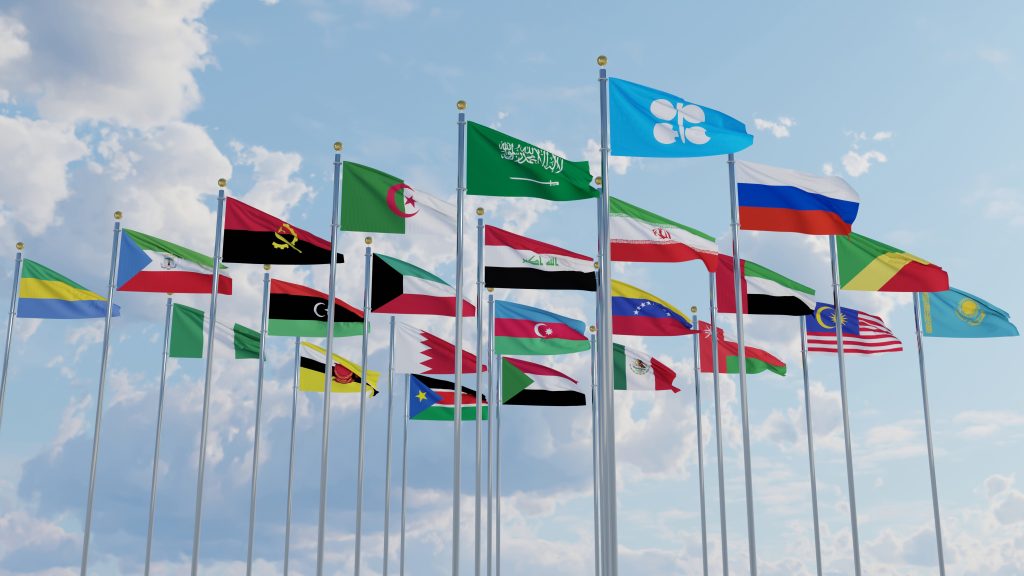Angola announced on Thursday its decision to withdraw from the Organisation of the Petroleum Exporting Countries (OPEC), citing disagreements over production quotas following the oil cartel’s recent resolution to further reduce output in the coming year.
Minister of Mineral Resources and Petroleum, Diamantino Azevedo, emphasised that this decision was not made lightly but reflected Angola’s belief that OPEC membership no longer aligns with the country’s interests.
“We feel that at this moment Angola gains nothing by remaining in the organisation, and, in defence of its interests, it decided to leave,” stated Azevedo, quoting the presidency in a released statement.
The decision was officially made during a cabinet meeting chaired by President Joao Lourenco in the capital, Luanda. Subsequently, President Lourenco signed a decree to formalise the matter.
Azevedo explained to state broadcaster TPA that Angola’s dissatisfaction stems from OPEC’s recent decision to further cut production next year to stabilise volatile prices. He stated, “We think the time has come for our country to be more focused on our goals,” highlighting concerns that continued OPEC membership would necessitate production cuts, conflicting with Angola’s policy of avoiding decline and respecting contracts.
OPEC, headquartered in Vienna, has not immediately responded to requests for comment.
While Angola’s departure may have a lesser impact on OPEC’s international standing compared to larger producers like Iraq or Saudi Arabia, it comes at a challenging time for the cartel.
Angola, a significant oil exporter in Sub-Saharan Africa alongside Nigeria, expressed dissatisfaction with its quotas at the November OPEC ministerial meeting, seeking to increase production for vital foreign currency.
Azevedo emphasised the decision to withdraw, stating, “When we see that we are in organisations and our contributions, our ideas, do not produce any effect, the best thing is to withdraw.”
This announcement caused a further decline in oil prices, already impacted by expectations of sluggish economic demand. Both international and US crude contracts initially fell over 1.5 percent before paring losses.
Despite recent tensions in the Red Sea and Suez Canal affecting oil prices, they remain below $80 a barrel. The OPEC+ alliance, aiming to stabilise prices, has implemented supply cuts exceeding five million barrels per day since the end of 2022.
Founded in 1960, the 13-member OPEC cartel formed OPEC+ in 2016, partnering with 10 other producers. Discord among members adds to the challenges faced by OPEC+, dealing with rising competition from increasing US crude production and the transition away from fossil fuels.
Analysts suggest that Angola’s move aligns with a diplomatic shift, indicating a closer relationship with the United States amid previous ties with China and Russia. This strategic move coincides with the global call for transitioning away from fossil fuels, as seen in the COP28 climate talks in Dubai, where nearly 200 states supported this unprecedented initiative.

